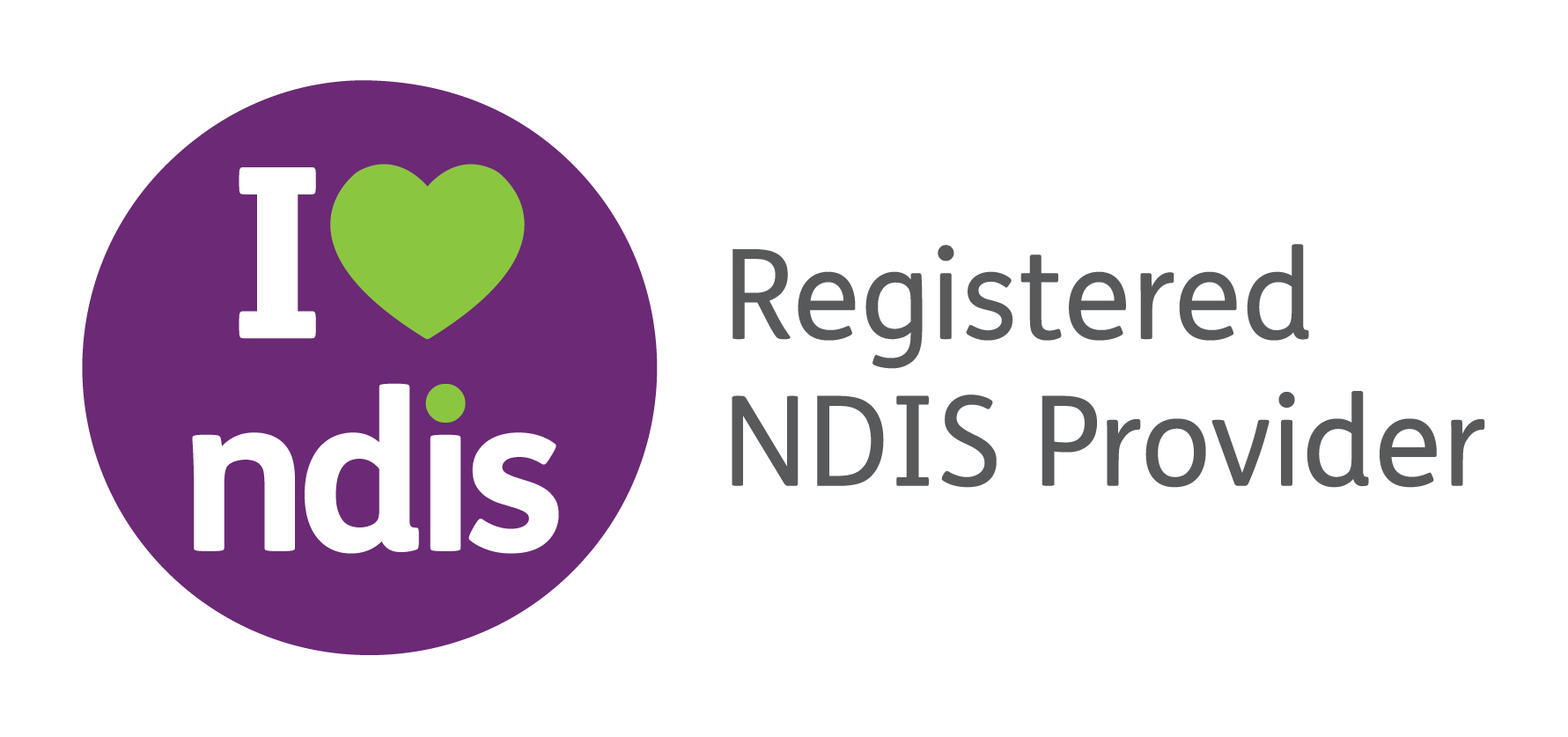SEVERE DYSPHAGIA

HOW MEALTIMES ARE TRANSFORMED
If you or a loved one has severe dysphagia, here’s what nursing care can provide:
- A thorough swallowing assessment to determine the safest ways to eat and drink.
- Personalized meal plans with the right food textures and liquid consistencies.
- Techniques for safer eating, including posture adjustments and pacing strategies.
- Training on using thickened liquids or specialized feeding tools if needed.
- Ongoing monitoring to adjust strategies as swallowing abilities change.
KEEPING MEALTIMES ENJOYABLE AND SAFE
Eating should remain a positive experience, even with dysphagia. Our key strategies include:
- Encouraging slow, mindful eating to reduce choking risk.
- Using adaptive utensils and cups to make swallowing easier.
- Creating a calm environment to help with focus and relaxation during meals.
- Providing emotional support to maintain confidence and independence.
THE LIFE-CHANGING BENEFITS OF PROFESSIONAL DYSPHAGIA CARE
Having the right care in place can make a world of difference for someone with dysphagia. A trained specialist can:
- Assess swallowing function and recommend the safest food textures and liquid consistencies.
- Provide swallowing therapy to strengthen muscles and improve coordination.
- Help prevent choking and aspiration by teaching safe eating techniques.
- Offer nutritional guidance to ensure adequate intake despite swallowing difficulties.

THE HIDDEN DANGERS OF DYSPHAGIA
Severe dysphagia is a condition where swallowing is impaired due to neurological issues, structural issues, or muscle weakness.
This can make eating, drinking, and even taking medication challenging.
Without proper management, dysphagia can lead to serious complications, including pneumonia, dehydration, and unintended weight loss.
COMMON CAUSES OF SEVERE DYSPHAGIA
Many conditions can contribute to severe swallowing difficulties, including:
- Neurological issues: Stroke, Parkinson’s disease, multiple sclerosis, and ALS can all affect the muscles involved in swallowing. This can result in difficulties moving food down the throat, increasing the risk of choking and aspiration.
- Head and neck cancer: Tumors, radiation therapy, or surgical procedures can impact swallowing ability. These treatments may cause scarring or nerve damage, making it difficult to swallow certain foods or liquids.
- Aging-related muscle weakness: Over time, muscles that control swallowing can weaken, leading to difficulties. This can make it harder to move food and liquids efficiently, sometimes requiring modifications in diet and technique.
- Developmental disabilities: Conditions like cerebral palsy may cause lifelong swallowing challenges. Individuals with these conditions may require assistive strategies, therapy, or tube feeding to ensure safe and adequate nutrition.
GET THE SUPPORT YOU NEED TODAY
With expert guidance, everyone can eat and drink safely while still enjoying mealtimes. With the right support, dysphagia management can help you or your loved one feel safe, confident, and well-nourished every day.


